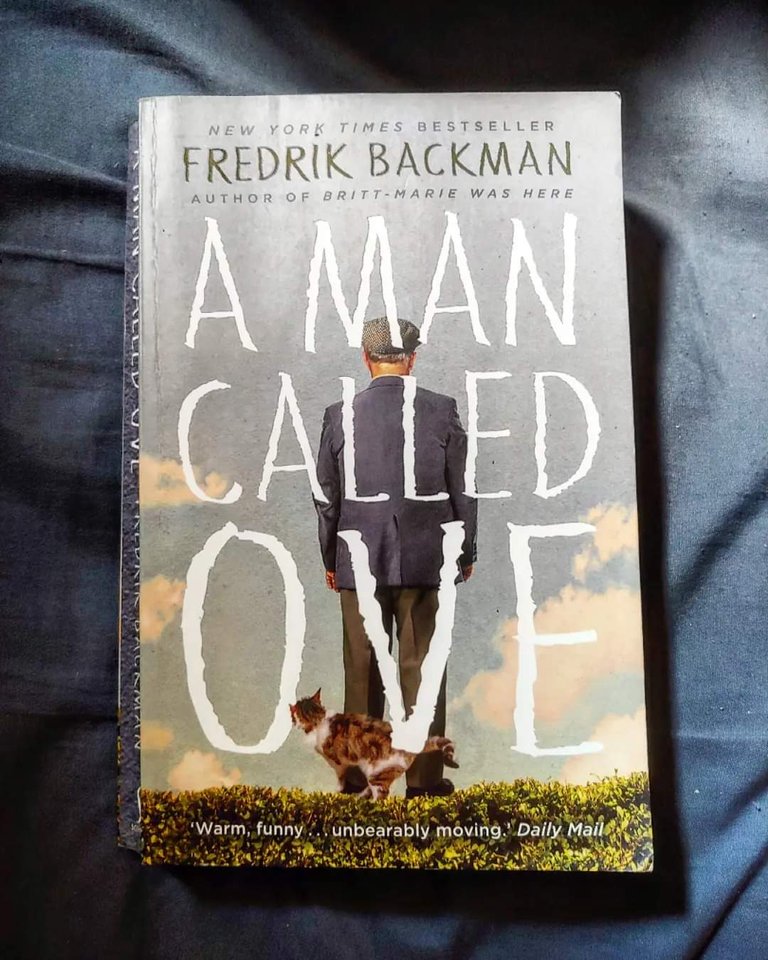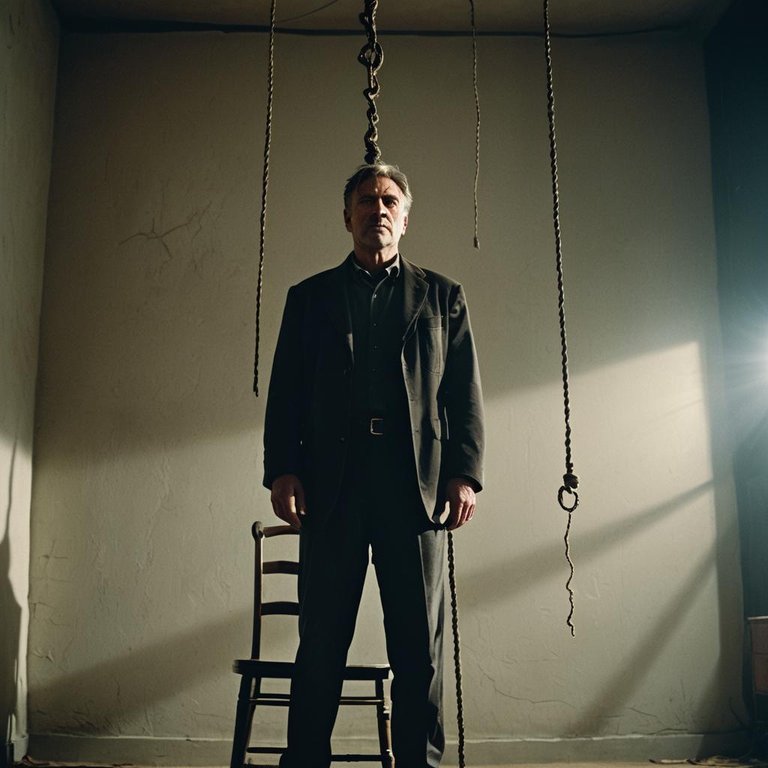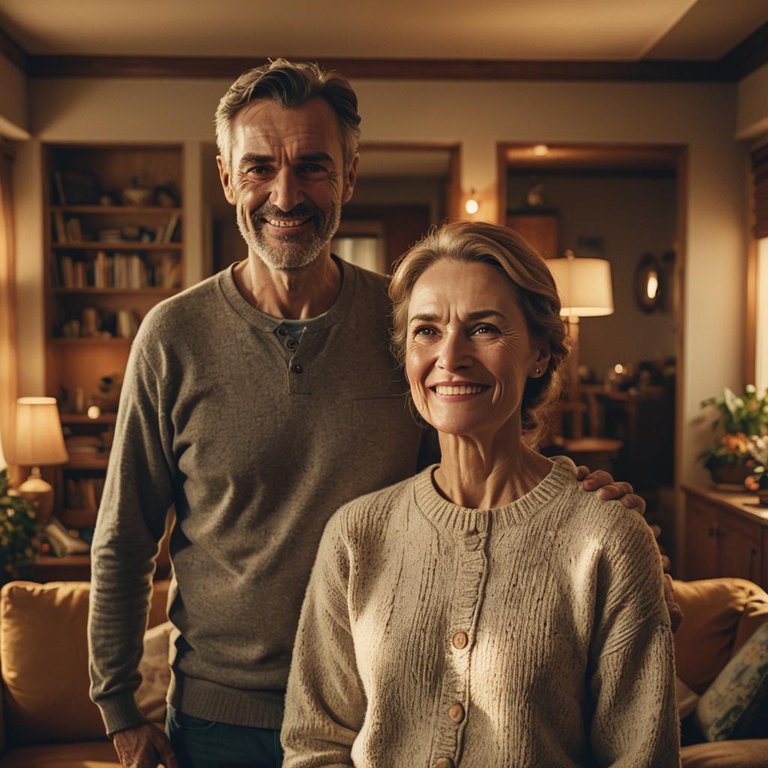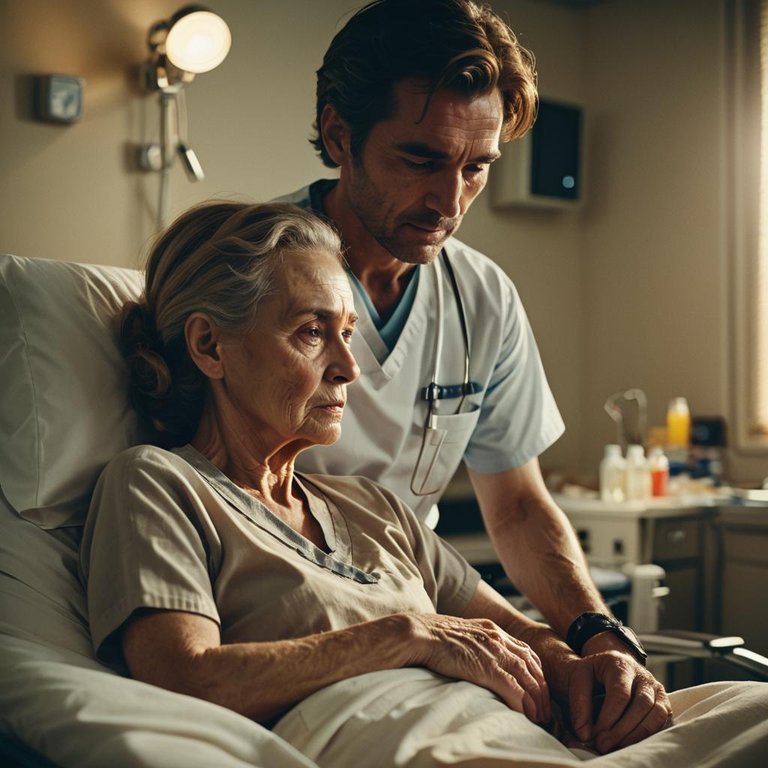A Book that I ACTUALLY Loved (A Man Called Ove)

I recently finished the novel A Man Called Ove by author Fredrick Backman -- surprisingly enough, this was a modern novel that I not only enjoyed, but that I actually adored. As I read, I found myself falling more and more in love with the story, to the point where I was flying through the chapters like no tomorrow! That's not an exaggeration! I achieved something that I have not done in a long time: I completed this book within a single day.
And so, if you are curious to hear the nature of this incredible book that managed to captivate my heart, which is not an easy task to accomplish!, then please stick around for my brief synopsis and review.
Our story focuses on the protagnist, 59-year-old Ove. He is a man who has had a tumultuous past, and after recently suffering the loss of his wife due to cancer, Ove has lost the will to live. He has decided to kill himself. Yet, despite how laser-focused he is on his goal, despite how determined he is, he cannot seem to accomplish the task due to the people around him! In the end, Ove desires to continue living after discovering purpose among his newfound friends.
So I loved this story for this fact alone: I saw a lot of myself in Ove. To put it simply, Ove is a misanthrope: he believes himself to be surrounded by incompetent idiots, and his past experiences have proven to him humanity's truly manipulative nature. He sees people -- society -- for what it truly is: a generation of ungrateful imbeciles with zero basic skills, who fail to recognize the value of things anymore.
"People said he was bitter. Maybe they were right. ... People also called him anti-social. Ove assumed this meant he wasn't overly keen on people. And in this instance he could totally agree with them."
"No one wants to work. A country full of people who just want to have lunch all day. ... And don't want to take responsibility ... changing jobs and wives and their car makes."
Even while trying to hang himself, the incompetence of society continues to shine through: the rope breaks in two! This part honestly had me in stitches. As someone who is suicidal, who had a plan at one point and everything, this was so refreshing to read. Suicide is obviously an extremely morbid topic, and being able to see the humor during the situation really helped add a unique perspective to the story. I cannot commend Backman enough for taking this approach.
"Ove just wants to die in peace. Is that really too much to ask?"

"This society, thinks Ove. ... How can one fail to manufacture rope, for Christ's sake? How can you get rope wrong?"
There were a lot of zingers throughout the book as well. I cannot include each and every single one, but my favourite by far was this one:
"Ove doubts whether someone who can't park a car properly should even be allowed to vote."
This is said shortly after Ove's new neighbour reverses a trailer into Ove's mailbox. It has been a running joke between my husband and I -- we often tease that voters need to have a certain IQ in order to vote, or run for office, for that matter! I'm sorry, but no one should have a say in serious matters that affect a country if they cannot, say, cook a sunny-side egg.
And then there is the matter of principles, of course: Ove is a man of principle. He believes that there is a certain way of doing things, a right way of doing things, and he chooses to live his life according to such. He cannot understand the people who do not understand this; in fact, he struggles to understand how it could be a difficult concept for others.
Again, I am similar. If somone were to, say, cut me in line, I would be irate. You could tell me that "it's not a big deal, we're not in a rush" or "maybe they had a rough day," until you're blue in the face, and I would tell you every time that I do not care. Why should that person's behaviour be justified simply so they can feel entitled to continue doing it? Again, it's the principle of the matter.
"Ove didn't really care who was parked in the area, of course. But it was a question of principle. ... What would it be like if everyone just parked wherever they liked? It would be chaos."
Now, my heart broke throughout much of the novel, but this was the part where I began to cry...
"And Ove can't cope with it anymore. ... He can't fight anymore. Doesn't want to fight anymore. Just wants it all to stop. ... And then Ove starts to cry."
Because this is the point that someone has to reach in order to realize that everything -- life -- is simply too much. This is the point where someone realizes it would be easier to end life than to continue on living it. It is an extremely dreary place, the only times where I have ever truly felt the emotion of doom. It feels inescapable, and the entire time one is there, it feels like suffocating. To see someone similar to myself experiencing it broke my heart, and I wondered if anyone has ever seen me in the same state and thought the same thing...
There is another theme in the story that I heavily emphasized with, and that is the power of love. By the age of 18, Ove had already lost both parents, and his experiences with others made their company undesirable. Yet, when Ove meets his to-be wife, Sonja, his entire life changed; she became his purpose in life.

"He was a man of black and white. And she was color. All the color he had."
This part really spoke to me because I describe meeting my husband in the exact same way. Prior to meeting him, I was extremely depressed and suicidal (this was when I had my "plan" thought out). I saw no point to life, it felt like I was walking blindly through the days... After meeting my husband, colour returned to the world. I started to see the sunshine again.
"She often said that 'all roads lead to something you were always predestined to do.' And for her, perhaps, it was something. But for Ove it was someone."
"But if anyone had asked, he would have told them that he never lived before he met her. And not after, either."
This part broke my heart because again, similar could be said about me... Losing my husband is a thought that crosses my mind quite frequently. He is nearly 15 years my senior, and while nothing is set in stone, I cannot imagine living out the remainder of my twilight years without him...
I am different from Ove in the sense that I thankfully have children of my own, so I will always find purpose with them as well. But when my husband leaves, I already know that I will never be the same again. It will be difficult to navigate that darkness without him...
"'Loving someone is like moving into a house. At first you fall in love with all the new things. ... Then over the years, the walls become weathered ... and you start to love the house not so much because of all its perfection, but rather its imperfections. You get to know all the nooks and crannies. ... Which of the footboards creak when one steps on them ... These are the little secrets that make it your home.'"
I happened to mention previously that Ove does not have children; the choice was not his to make. It wasn't even Sonja's. In fact, the two had welcomed the idea of children, and Sonja had even become pregnant at one point! Unfortunately a traffic accident causes Sonja to not only lose their baby, but become paralyzed as well...
"'I feel so much loss, Ove. Loss, as if my heart was beating outside my body.'"

"And about a child that would never come now. And she wept. An ancient, inconsolable despair that screamed and shredded them both as countless hours passed."
My heart broke during this post... Because wouldn't ya know it?! my husband and I have also experienced a miscarriage... It is an indescribable experience, very surreal, and I will just leave it at that... Yet, despite being a fictional couple, my heart still yearned for them, and for our loss as well...
Although the reader never formally gets to meet Sonja, only through Ove's memories and recollections, we automatically receive the impression that she was an ethereal woman. Ove's personal bias aside -- Sonja is wonderful for the fact that she saved his life -- it takes someone with a strong character to love someone like Ove. Again, being similar to him, I would know! It isn't always easy to love someone who gets miserable and frustrated and quiet over the tiniest things. Ove and Sonja prove that opposites do attract.
"But Sonja would not have been Sonja if she had let the darkness win. ... 'We can busy ourselves with living or with dying, Ove. We have to move on.'"
This is said shortly after Sonja experiences a miscarriage; I can respect her line of thinking. Despite blow after blow, she refuses to succumb to depression and let the world win. I saw a lot of myself in Sonja during this moment. You would never imagine the suicidal madness that can go on behind the laughter -- I happily compare my style of humor/comedy to that of Robin Williams and Jim Carrey, facial expressions and all. I refuse to deprieve the people I love of my gifts.
"Maybe because he felt someone had to be angry on her behalf, when everything that was evil seemed to assail the only person he'd ever met who didn't deserve it."
Another part that hit me deep. I am far from perfect, but I am self-aware enough to recognize that a lot of the pain, misery, and trauma that I went through was of no fault of my own. I can recognize the instances when I was mistreated, neglected, and abused for no other reason than because I am who I am. Even for being as imperfect as I am, I actively try to do my part -- it isn't as if I go out of my way to be a burden on others, on society. It is difficult to give and give while hardly receiving anything in return.
Similarly, Sonja is someone who was dealt a poor hand in life. She lost her father early, suffered a terrible accident, lost the baby that she and Ove yearned for, became paralyzed and could no longer try again, then finally was diagnosed with cancer. The book never specifies at what age she passes, but given that Ove is 59-years-old, we can assume Sonja was probably in her mid-50s. Despite all of this, she still went on to live a full life and found purpose as a teacher for special needs students.
So yeah, I really enjoyed A Man Named Ove. Perhaps it is apparent in this 2,000-word review! But like I say, it is extremely rare for me to find a modern book that I love, let alone one that did such a wonderful job when handling very sensitive topics. If you are able to "take a joke," or if you're a person who prefers to make light of the heavy situations, then I truly think you will love this book as well!
I loved that one, too!
Sending you an Ecency curation vote
The review is very detailed and you tried to cover the crucial role of environment in influencing one's mental state. Is this available in Indonesian? I am interested in reading it. Thank you for your review!
I'm curious about the premise of this book. Thank you so much for recommending it. I will look for it so I can read it. Cheers!✨
This is a very detailed review. makes me really want to get my hands on a copy. Thanks for sharing dear
Not my normal style for a book but it sounds like a solid read! Glad you enjoyed it and found some similar themes for you in your life.